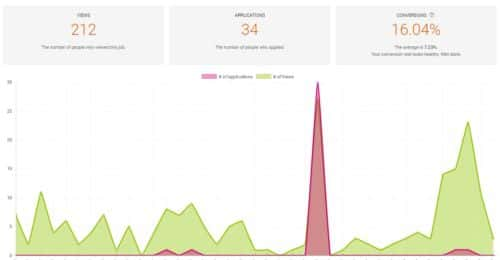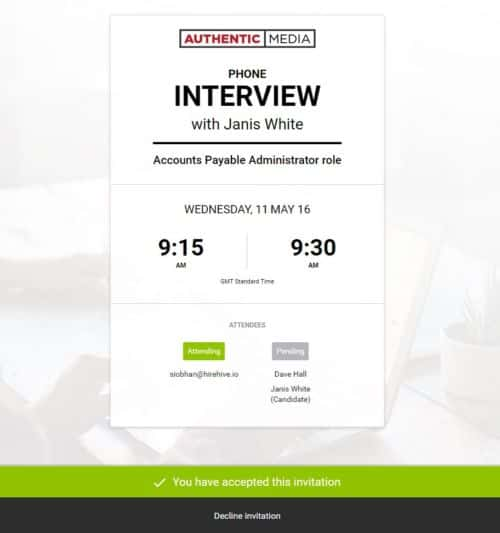recruiting-strategy
How can you make past recruiting projects work for you now?


Orla Hodnett
HireHive

Orla Hodnett
HireHive


Orla Hodnett
HireHive

Orla Hodnett
HireHive
Recruiting software can make recruiting super efficient, but what else can you do to save time and effort? The clue may be in your past.
There is nothing more frustrating than doing the same job twice. That is valuable time you could have spent on new projects, on contacting new candidates or on keeping up with new memes. This is certainly true for recruiting: if your past efforts were successful, is there a way of reusing some of that hard work?
There are repetitive aspects of the recruiting process. There are also many insights you learned from past recruiting projects. This reuse, combined with recruiting software can introduce efficiencies into your process. So how can you make past recruiting projects work for you now?
By using an online recruiting software tool like HireHive, you can pull invaluable data and reports on your recruiting efforts
The most obvious advantage of using recruiting software is that you can track every application, every message, every candidate from the beginning to the end of the recruiting process. By using an online recruiting software tool like HireHive, you can pull invaluable data and reports on your recruiting efforts.

Your past recruiting projects will help you plan and execute any subsequent projects. By looking into your past successful recruiting drives, you can determine where top candidates came from and what set them apart. With this knowledge you will be able to make future recruiting efforts more efficient and precise.
Job specifications and advertisements can be challenging to write. Beyond the obvious required skills and experience, it can be difficult to describe the type of individual you want to hire. Making the advertisement too general or too specific runs the risk of alienating candidates.
While each unique role requires a specific skill set, you can reuse more general ‘ideal candidate’ descriptions that align more with culture matching. You can even have a set template you can reuse for job specifications and advertisements.
Interviews can require a lot of preparation, planning and scheduling. Why not try to leverage some of your past work to minimise the effort involved? If you have prepared assessments or interview questions in the past, which have yielded good results, you can just reduce, reuse and recycle.
You need to treat candidates as individuals, but there are certain questions you can ask every candidate
You need to treat candidates as individuals, but there are certain questions you can ask every candidate. Industry or role - specific questions do not vary much. If you have your interview questions ready, all you need is a recruiting software tool to do the scheduling.

It pays to be nice, so if you have maintained a good relationship with a candidate, they may be open to another role at your organisation. The same goes if you have built up relationships with passive candidates through social media or similar.
If you already feel good about a candidate, you will easily determine if they are suitable for a role. This kind of relationship building and positive candidate experience is invaluable and if you have put in the work long term, you should be able to reap the benefits when it matters most.
Sign up for our monthly newsletter to receive the latest news, insights, and exclusive resources.

“HireHive makes the team a lot more productive. We’d be lost without it. Team Leaders can do it all themselves if needed or jump in at the right time and know exactly where everything is and what’s happening.”

Hilary Dempsey Head of HR at Life Credit union